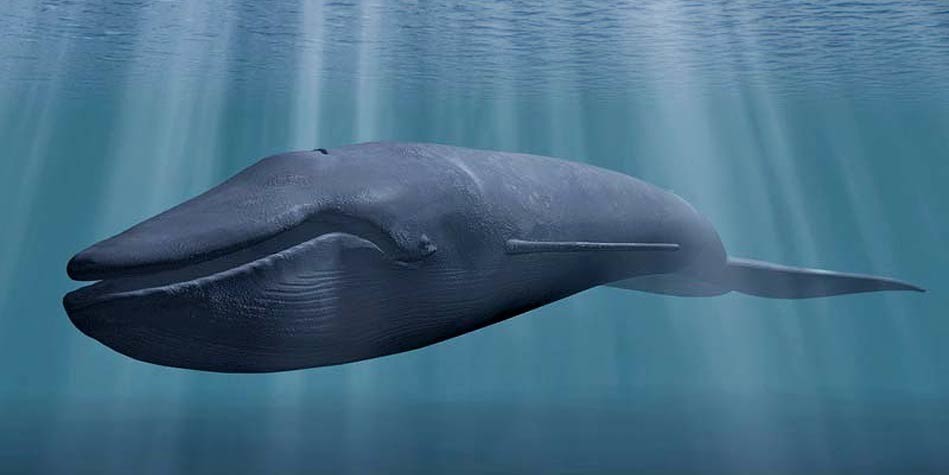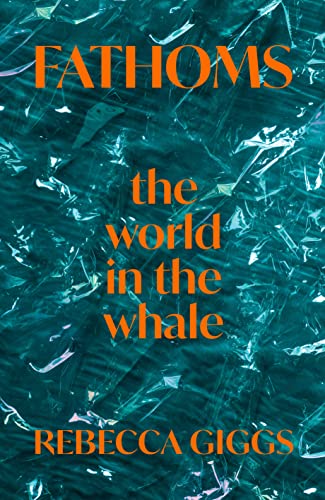
Whales gave people cause to reflect, too, that governments had been known to be benevolent, that industries could be restrained, and that the protection of wonderment was a value shared across the planet. How hungry we were, now, for awe! Whales elicited our smallness set against the largess of nature: they proved nature’s sovereignty and its resilience. Brought back from the brink of vanishing, their populations testified to the denouement of commercial whaling and the stewardship of conservation groups. In many places (though not for all species) cetacean numbers were on the uptick. Humpbacks and sperm whales were no longer red-listed as endangered animals. See: whaleboats ratcheted into dry dock, harpoons disabled. Over three decades ago, or longer: ‘Save the Whales’, the faded bumper stickers.

Notwithstanding the censured Japanese whalers, or those few lawful hunters in first nations’ territories, that these animals had been saved was a celebrated conclusion. All my life, I’d heard the history of whales told as a tale of victory. Would we know it, the moment when it became too late, when the oceans ceased to be infinite? Marine acidification verified what seemed a very ancient fear: that even as what was coming on promised to assume the dimensions of a vast and totalising phase shift, it unfurled, presently, on a molecular and insensate scale. As the oceans took in more CO2 from the air, their baseline chemistry shifted. Word had it that the sea water itself had begun to acidify a change too subtle to taste, smell, or touch, but staged across the breadth of oceans in tandem with rising levels of carbon dioxide (CO2). What was lost, if you took the time to think about it, was the timelessness the sea had always stood for. Who hadn’t yet seen that abysmal picture of the tin can, spotlit by a submersible in the silt of the ocean’s deepest trench, or the other one: the photo of the seahorse latched onto a floating cotton bud? Seascape - the obsession of a Golden Age of painting, and once the saturnine vista with which to dramatise the psyche - had since reverted to kitsch: a mixed-media project, churning found objects. Die-offs, dead zones, and reefs rotted to the colour of old money.

The superabundant cyclones that barrelled down corridors of unseasonal warmth.


There was an emergency out there - in truth, all of us had heard news of it. During the weeks that followed the humpback beaching in Perth, I found myself unhappily preoccupied.


 0 kommentar(er)
0 kommentar(er)
